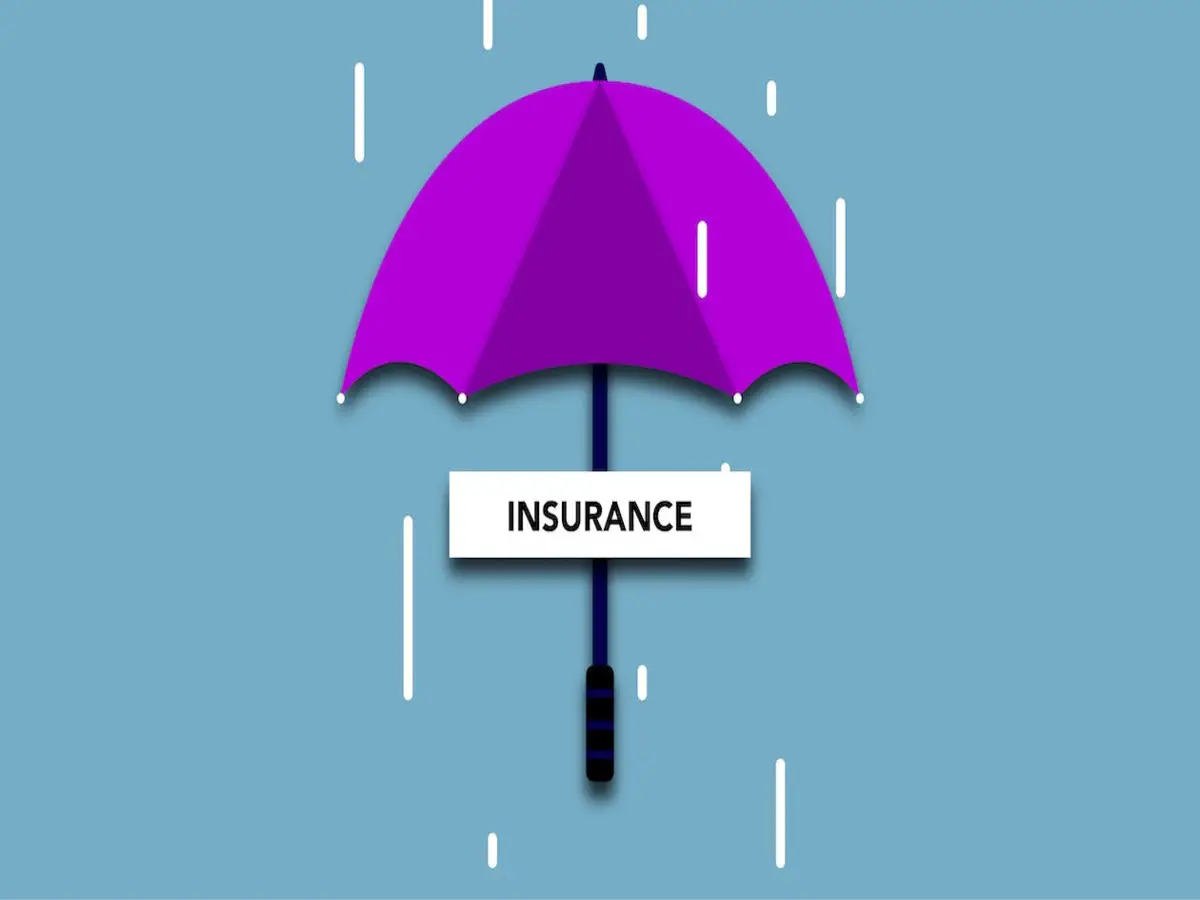50 Basic Insurance Terms Everyone Should Know
Ever get stuck reading a paragraph and suddenly think, “Wait, do I even know what half of these words mean?” It happens to everyone, especially when we are reading articles about subjects we have little knowledge about, like insurance.
Luckily, you don’t need to be a walking insurance encyclopedia. Keep the dusty dictionary and check out our guide to 50 must-know insurance terms! These insurance terms and definitions are essential for people who are interested in insurance. It is like a glossary of basic insurance terms
Why is it important to know these basic insurance terms?
Every field, from sports to cooking, has its own jargon that takes years to grasp, and insurance is no different. But here, the stakes are higher—it’s not just about hobbies; it’s about safeguarding our homes and lives.
This is enough reason to understand the meaning of these terms in the insurance context, which is crucial.
What are the Basic Terms Used in Insurance and Their Meanings?
Knowing the fundamentals of insurance terms empowers you to make informed decisions regarding your coverage and smoothly handle the claims process.
This glossary of basic insurance terms are grouped into five categories: general, coverage, policy, claims, and others. Let’s see them in full detail:
General
1. Actual Cash Value (ACV): This refers to the fair market value of an item at the time of loss, taking into account depreciation. It’s used to determine the amount your insurance company will pay for a damaged or stolen item.
2. Actuary: These are professionals who use mathematical and statistical methods to assess risk and calculate premiums for insurance policies. They play a crucial role in ensuring insurance companies remain financially stable.
3. Agent: Agents are licensed individuals who represent an insurance company and sell policies on their behalf. They can help you understand your coverage options and choose the right policy for your needs.
4. Asset: Anything you own that has value, such as your car, home, or belongings. Assets are important in insurance because they are subject to risks that could result in financial losses.
5. Assured: Another term for the insured party, the person or entity whose life or property is covered by the insurance policy.
6. At-fault: This refers to the party legally responsible for causing a loss or accident. Determining fault is crucial for determining who pays for the damages.
7. Beneficiary: The individual or entity designated to receive the death benefit from a life insurance policy upon the insured’s passing.
8. Binder: A temporary agreement that provides insurance coverage until a formal policy is issued. It’s typically used to cover immediate needs while the application is being processed.
9. Bodily Injury: This is used to describe physical harm or injury to a person’s body, such as bruises, cuts, or broken bones.
10. Carrier: This is another term for an insurance company, the entity that provides insurance coverage and pays out claims. It is also known as insurer.
Coverage
11. Accident Forgiveness: An optional add-on to some auto insurance policies. If you have accident forgiveness and have had your first at-fault accident, your insurance company may agree not to raise your premium.
12. All-Risk: This type of coverage protects against all losses except those specifically excluded from the policy. It’s typically more expensive than other types of coverage.
13. Collision: Coverage that pays for damage to your vehicle caused by an accident with another object, such as another car, a tree, or a fence.
14. Comprehensive: This coverage protects your vehicle from damage caused by events other than collisions, such as theft, vandalism, fire, hail, or natural disasters.
15. Deductible: The amount you must pay out of pocket before your insurance coverage kicks in for a covered claim.
16. Liability: This coverage protects you from financial responsibility if you are legally liable for causing property damage or bodily injury to others.
17. Limited Coverage: This type of coverage only protects against specific perils listed in the policy. For example, a limited auto insurance policy might only cover collision and theft.
18. Medical Payments: Coverage that pays for medical expenses for you and your passengers, regardless of who was at fault for the accident.
19. Named Perils: Specific events listed in the policy that are covered. This type of coverage is typically less expensive than all-risk coverage.
20. Replacement Cost: The cost of replacing damaged property with new property of like kind and quality. Some insurance policies offer replacement cost coverage, while others only offer actual cash value.
Policy
21. Cancellation: Terminating an insurance policy before the end of the term. This can be done by either the insured party or the insurance company.
22. Declarations Page: The most important part of your policy, summarizing key details such as your coverage, limits, exclusions, and named insured parties.
23. Endorsement: A modification to the terms of your insurance policy. This can be used to add or remove coverage, increase or decrease limits, or change other aspects of your policy.
24. Exclusion: A specific peril or event that is not covered by your insurance policy. It’s important to understand the exclusions in your policy so you know what is and is not covered.
25. Insured: The person or entity protected by the insurance policy. This could be the owner of a property, the driver of a vehicle, or the person whose life is insured.
26. Loss: A loss, in the context of insurance, refers to a covered event that triggers the payment of benefits under your insurance policy. In simpler terms, it’s an incident that fulfills the conditions of your policy and entitles you to compensation from the insurance company.
27. Premium: The price you pay for insurance coverage. Premiums are typically calculated based on the risk you present to the insurance company.
28. Renewal: Extending the term of your insurance policy for another period. Your insurance company will usually send you a renewal notice before your policy expires.
29. Rider: An attachment to your insurance policy that adds or modifies coverage. For example, you could add a rider to your auto insurance policy to cover things like rental car reimbursement or roadside assistance.
Claims
30. Adjuster: A representative of your insurance company who investigates claims, assesses the damage, and determines the amount of coverage you are entitled to receive.
31. Claim: A formal request for payment from your insurance company due to a covered loss. You need to file a claim to receive benefits under your policy.
32. Claim Form: A standardized document used to report a loss to your insurance company. It typically requires information about the incident, the damage, and your policy details.
33. Coinsurance: A clause in some insurance policies requiring you to maintain a certain percentage of coverage relative to the insured value of your property. If you don’t meet the coinsurance requirement, you may be penalized and receive a lower payout in the event of a claim.
34. Depreciation: The decrease in value of an item over time due to age and wear and tear. Insurance companies typically use the actual cash value, which takes depreciation into account, to determine the amount they will pay for a covered loss.
35. Proof of Loss: Documents and evidence submitted to your insurance company to support your claim and substantiate your losses.
36. Subrogation: The right of your insurance company to seek reimbursement from another party that was responsible for the loss you suffered. For example, if you were rear-ended by another driver, your insurance company might pursue subrogation against the other driver’s insurance company to recover the costs they paid out for your claim.
Other Important Basic Insurance Terms
37. Agent of Record: The insurance agent authorized to handle your policy and act on your behalf in communications with the insurance company.
38. Certificate of Insurance: A document verifying that you have a valid insurance policy. This document is often required by landlords, lenders, or other parties for various purposes.
39. Disability Insurance: Provides income protection if you become disabled and unable to work due to illness or injury.
40. Health Insurance: Covers medical expenses for accidents, illnesses, and preventive care.
41. Life Insurance: Provides a death benefit to your beneficiaries upon your passing. This can be used to cover funeral expenses, provide financial security for your loved ones, and pay off debts.
42. Long-Term Care Insurance: Covers the cost of long-term care services, such as nursing home care or assisted living, in case you need them in your later years.
43. Policy Limit: The maximum amount your insurance company will pay for a covered claim. It’s important to understand the policy limits of your various insurance policies to ensure you have adequate coverage.
44. Reinsurance: A process by which insurance companies can share risk with other insurance companies. This helps to spread the financial burden of large or catastrophic losses.
45. Umbrella Insurance: This policy provides additional liability coverage beyond the limits of your other insurance policies. This can be helpful if you are sued for a large sum of money due to an accident or other event.
46. Uninsured Motorist Coverage: Covers your injuries and property damage if you are involved in an accident with a driver who does not have liability insurance.
47. Waiver of Premium: This is a provision in some insurance policies that allows you to temporarily stop paying premiums if you become disabled and unable to work.
48. Warranty: A warranty is a written guarantee from the manufacturer or seller of a product promising to repair or replace it if it becomes defective within a certain period. While not directly related to insurance, understanding warranties can help you make informed decisions about product purchases and insurance coverage needs.
49. Risk: The chance of a loss occurring. Insurance companies assess risk when determining premiums and coverage options.
50. Underwriting: The process by which insurance companies evaluate risk and decide whether or not to offer coverage to an applicant. This process involves reviewing the applicant’s information and history to determine the likelihood of a loss occurring.
Conclusion: Glossary of Basic Insurance Terms
There’s a whole bunch of insurance terms out there, and while we’ve covered some common ones, this isn’t a quiz. No stress if you haven’t committed them all to memory!
Are you interested in buying an insurance policy from a top insurance company in the United States? Wait no further. Protect your peace of mind today – choose reliable insurance coverage for a secure future. Don’t leave your uncertainties to chance; get insured now for a worry-free tomorrow!






